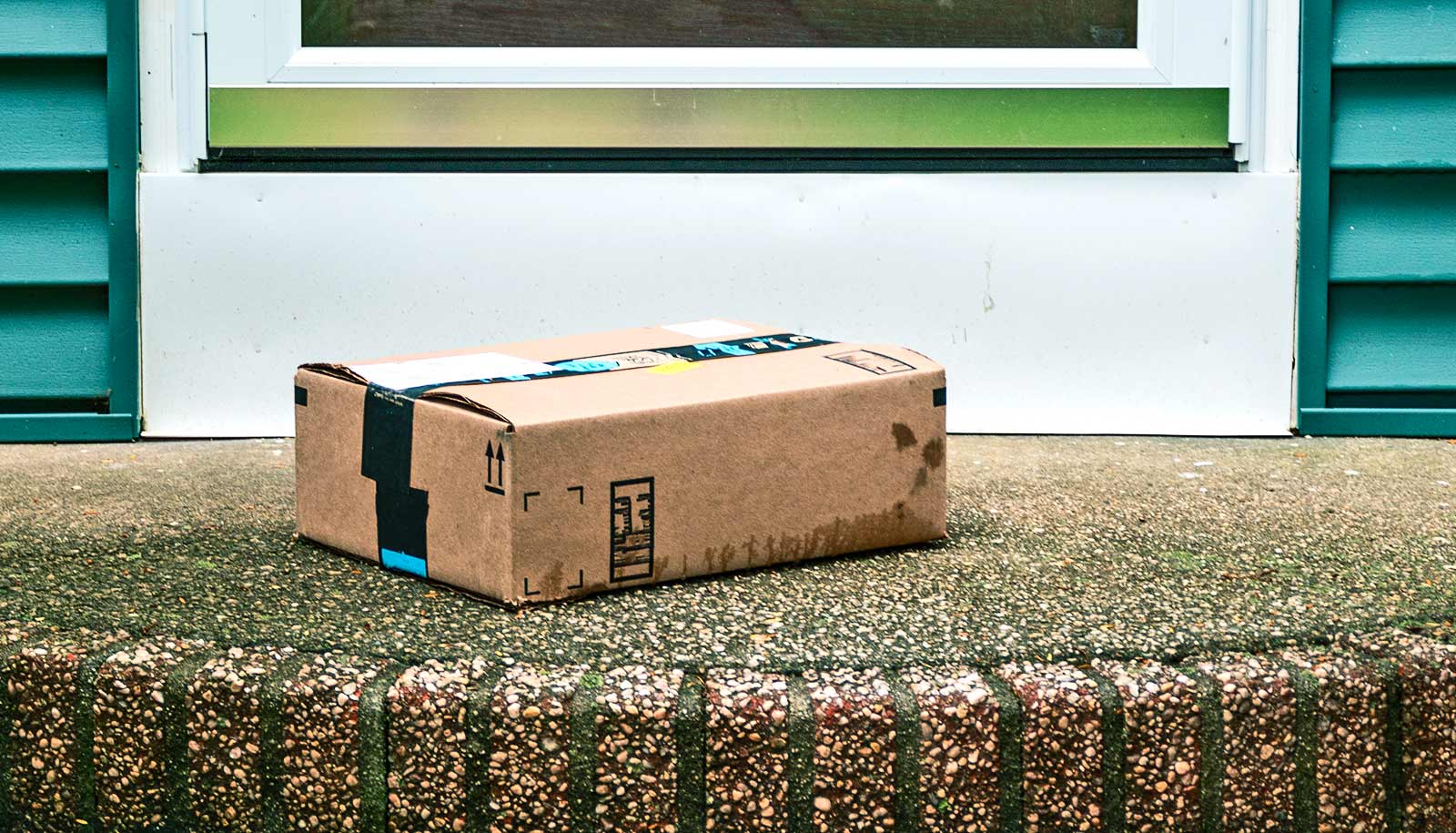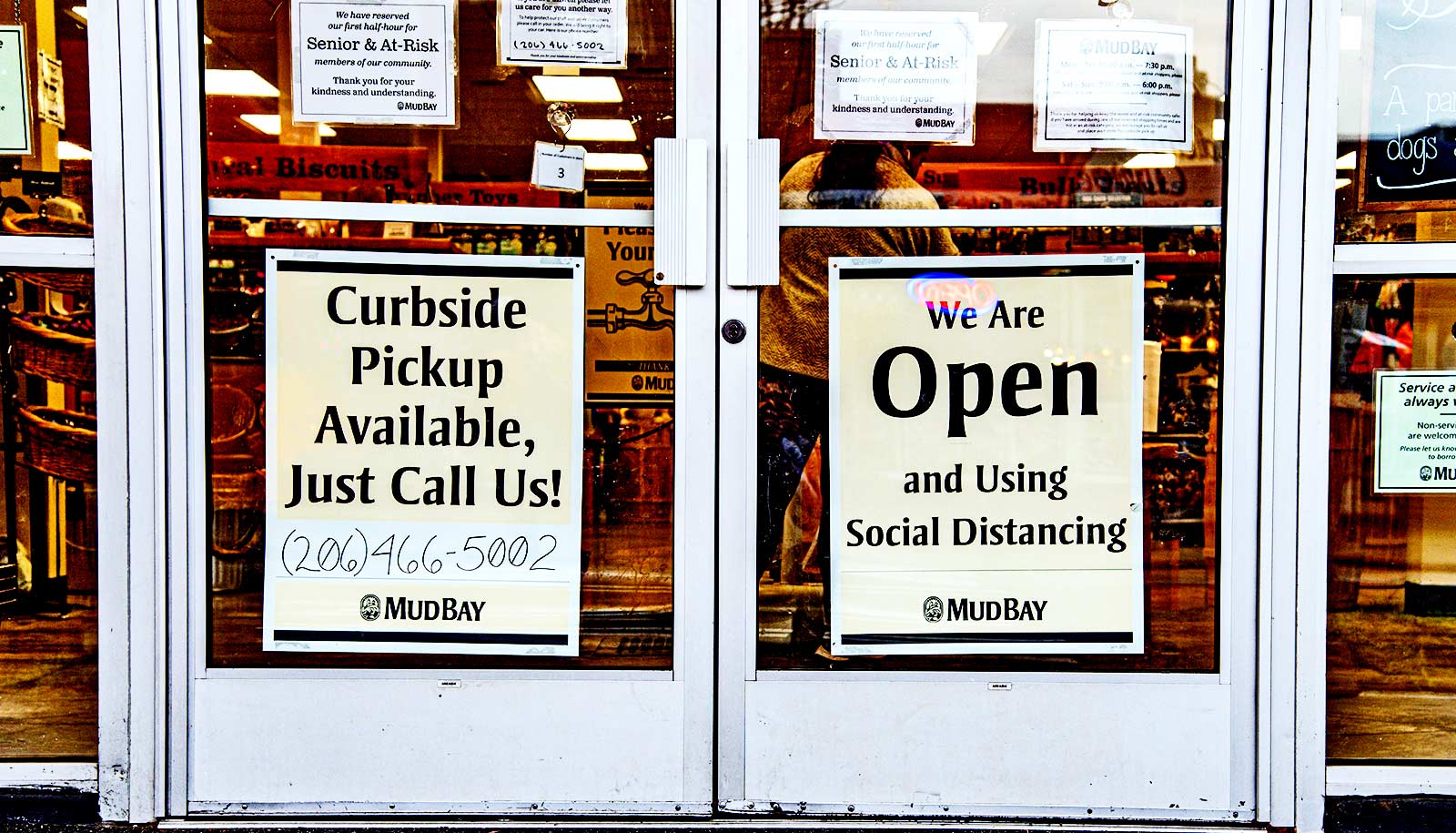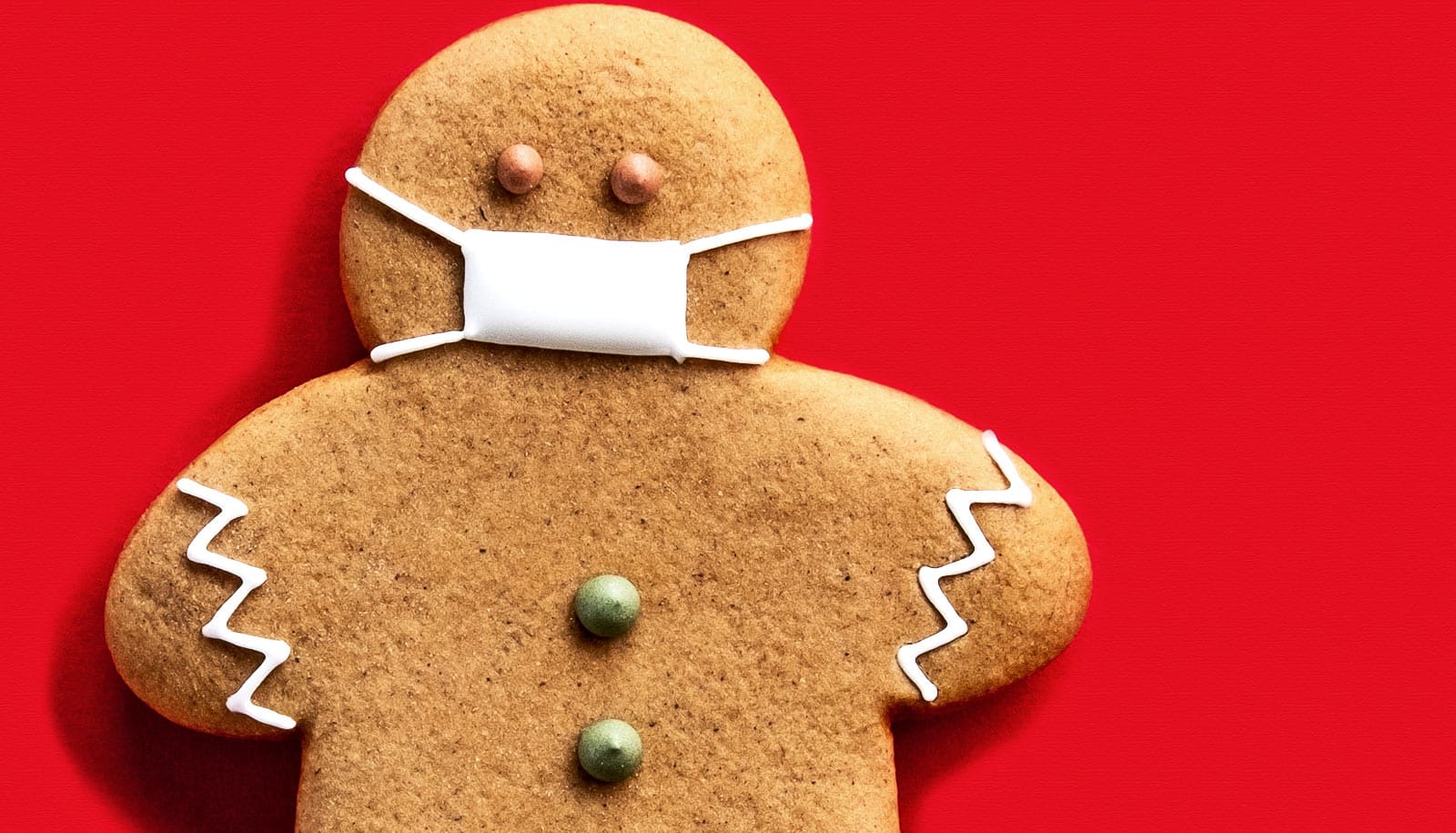Both retailers and consumers have struggled due to the pandemic. How will that change the 2020 holiday shopping season?
Ayalla Ruvio, a professor of marketing in the Eli Broad College of Business at Michigan State University, and Kelsey Haines, an MBA student at the Broad College studying under Ruvio, answers questions about how COVID will reshape holiday shopping trends:
What kind of a shift are retailers making in their marketing efforts to online shoppers this year given so many more will be shopping from home?
Ruvio: COVID-19 has caught many retailers unprepared to the abrupt surge in online shopping—even Amazon encountered problems in meeting the sudden increase in demand! As such, retailers are adapting their offerings and logistics to ensure smooth and enjoyable shopping experience for their consumers during the holiday season. This includes efforts to replicate online the pleasure and the holiday spirit of in-store-experience, personalizing shopping expectance like providing gifts ideas, offering new ways of delivering (such as “buy online, pick up in-store,” or curbside pick-up), offering faster delivery, making returns process effortless, and expanding inventory to address demand.
In addition, retailers have released holiday advertisements, promotional pricing, and displays earlier than ever to smooth out the intense foot traffic that typically arises during November and December. Retailers are attempting to get a more controlled number of customers in the store creating a flow verses a rush in order to keep employees and customers safe (NBC).
Finally, the retailers’ greatest challenge will be to make sure their websites will not crash during Black Friday, and to ensure uninterrupted service due to high online usage.
How are retailers pivoting their Black Friday marketing strategies this year—both because of COVID and because there’s been a movement away from “open on Thanksgiving/midnight on Black Friday”?
Ruvio: While online shopping has increased considerably, overall sales during COVID declined. This has prompted retailers to be especially creative and responsive to consumers’ demand. Black Friday sales in the last few years have started way before November and this year, sales have started even earlier—partly to help retailers to regulate demand.
Retailers are also offering deals that are more attractive than ever on a larger variety of products options. These deals, normally offered in-store only, will be available online as well. Many retailers offer help with gift ideas either in store or online, as well as boxing options.
Retailers are focusing also on providing safe shopping experience for their consumers, which means no scenes of crowded consumers eager to rush through the doors as they open. Finally, more stores will be closed during Thanksgiving to enable their employees to spend their time with their families, and because shopping in-store will be limited as is. COVID has accelerated the shift of consumers from in-store to online shopping.
Who has already started this, and what do you foresee resonating most with consumers?
Ruvio: Amazon, Target, Walmart, Kohl’s, Macys, Best Buy, Ulta, and almost every big or small retailer have started their Black Friday sales. But, it’s not just on the retailers’ side; consumers have started shopping for the holidays earlier than ever to guarantee desired purchases. The shortage that they experienced during the first three months of COVID is still fresh in their mind.
This has been a tough year for people financially with the pandemic; do you see consumerism shifting as a reflection of the times we’re in?
Haines: Even with the pandemic, people are still expected to spend more or at least the same they have in prior years, according to Statista. They will just get creative with their spending. In fact, the CEO of Coresight research said that we should expected this holiday season to produce sales at the greatest level in the last decade.
However, consumers are getting creative when it comes to gifts. Some of the top gifts USA Today predicted will be given this year will be digital gifts, such as subscriptions to MasterClass Online, or Disney+ streaming. These are guaranteed ways to provide entertainment, personal growth, flexibility, and more, all while knowing the gift would arrive on time since these gifts do not need to be shipped.
There was previously a shift with younger generations to want experiences (i.e. vacations or trips) as opposed to “stuff.” Since we can’t travel safely, how might companies/retailers try to satiate their desires?
Ruvio: While some experiences are limited due to COVID, the importance of experiences is as important for young consumers as ever. Gifts that provide indoor experiences will be highly popular. Examples include subscriptions to media or music streaming providers (Hulu, Netflix, Spotify), DIY and craft kits, meal kits subscriptions, and board games.
We’ve talked a lot about consumer arrogance this year, but how might that change in the 2020 holiday season?
Ruvio: COVID has restricted our social life considerably. Social media has become our social outlet. While we cannot shop together, we can share our shopping triumphs, scored deals, and gifts with others online. Sharing our purchases and gifts with others accentuate our enjoyment of them, and we will do it happily on social media more than ever before.
Holiday Season 2020 is unlike any others in the last century. What other “shopping” changes should consumers know about?
Ruvio: Consumers are shopping earlier in the year than they have in recent years. According to Statista.com, the most normal time of the year for holiday shopping for consumers to buy items is November. However, consumers spending money on holidays has been trending towards increases prior to September with monthly increases in September and October. While November and December spending for prior years is forecasted to be lower than prior years.
Gifts and out-of-stocks could happen as a result of continuing shortages. The increased pressure on the shipping industry is causing delays in shipping—even with major ecommerce companies like Amazon—and logistical experts UPS and FedEX are hiring like crazy.
Shoppers will be more creative with their spending and will invest more time to search for the perfect gift, a meaningful one that will tell the receiver, “Even though we are far, I’m thinking about you.” Also, purchases will be more planned rather than impulsive and consumers will be much more conscious about prices.
Source: Michigan State University



